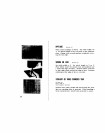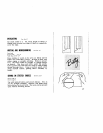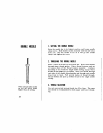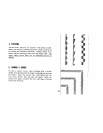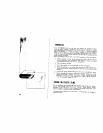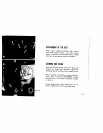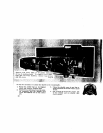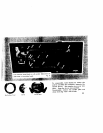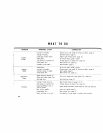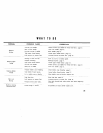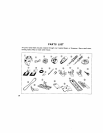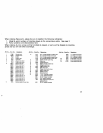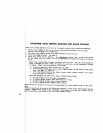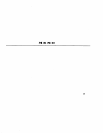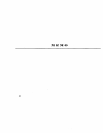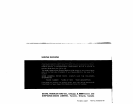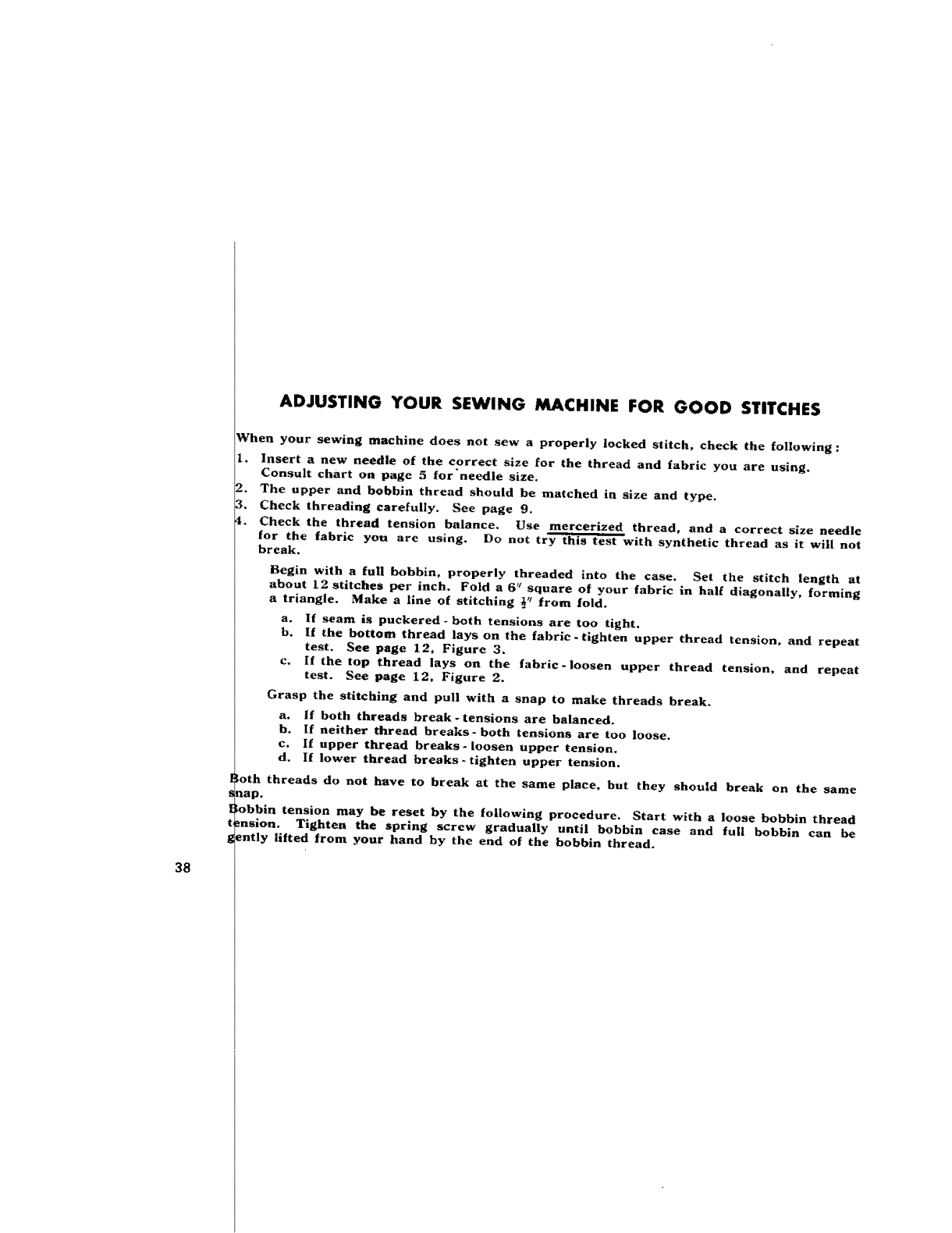
ADJUSTING YOUR SEWING MACHINE FOR GOOD STITCHES
38
When your sewing machine does not sew a properly locked stitch, check the following:
1. Insert a new needle of the correct size for the thread and fabric you are using.
Consult chart on page 5 for'needle size.
2. The upper and bobbin thread should be matched in size and type.
3, Check threading carefully, See page 9.
4. Check the thread tension balance. Use mercerized thread, and a correct size needle
for the fabric you are using. Do not try this test with synthetic thread as it will not
break.
Begin with a full bobbin, properly threaded into the case. Set the stitch length at
about 12 stitches per inch. Fold a 6 _ square of your fabric in half diagonally, forming
a triangle. Make a line of stitching _'_ from fold.
a. If seam is puckered-both tensions are too tight.
b. If the bottom thread lays on the fahric- tighten upper thread tension, and repeat
test. See page 12, Figure 3.
c. If the top thread lays on the fabric-loosen upper thread tension, and repeat
test. See page I2. Figure 2.
Grasp the stitching and pull with a snap to make threads break.
a. if both threads break-tensions are balanced.
b, if neither thread breaks-both tensions are too loose.
c. If upper thread breaks-loosen upper tension.
d. If lower thread breaks-tighten upper tension.
oth threads do not have to break at the same place, but they should break on the same
_ap.
obbin tension may be reset by the following procedure. Start with a loose bobbin thread
msion. Tighten the spring screw gradually until bobbin case and full bobbin can be
gently lifted from your hand by the end of the bobbin thread.



